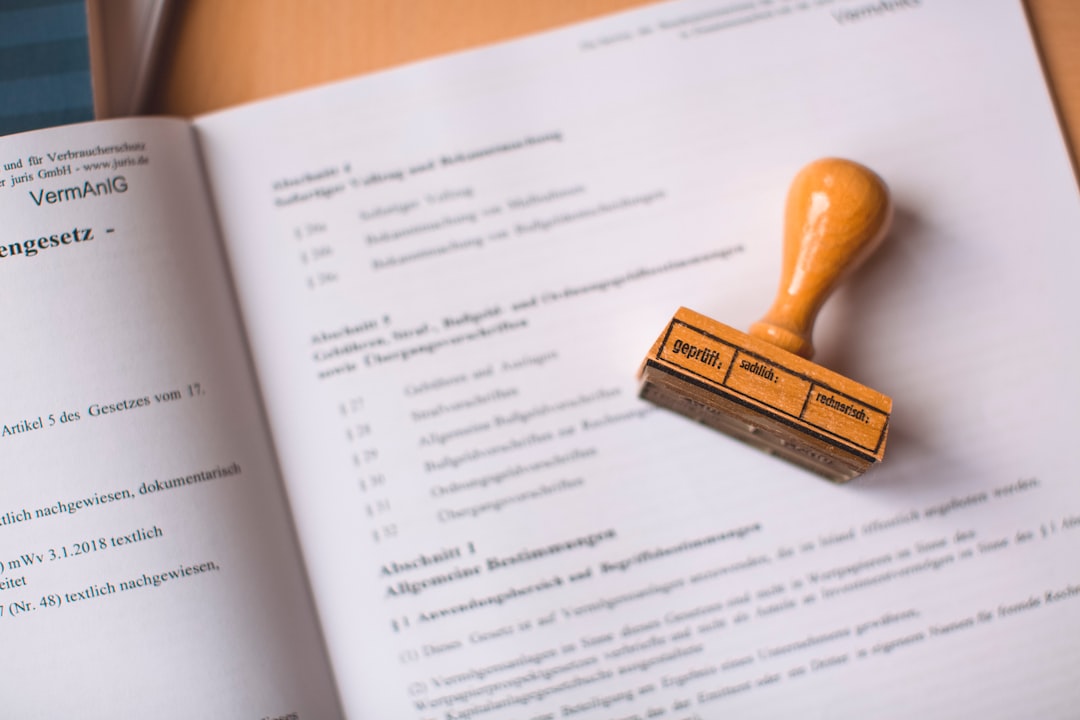The Rights and Legal Protections for Victims of Domestic Violence
Domestic violence, also known as intimate partner violence, is a pervasive and serious issue that affects individuals and families around the world. It encompasses various forms of abuse, such as physical, emotional, sexual, or economic, within an intimate relationship. Victims of domestic violence often feel trapped, helpless, and frightened. However, it is essential to know that there are rights and legal protections in place to support and safeguard those who suffer from domestic violence.
One of the fundamental rights for victims of domestic violence is the right to safety and security. Governments and legal systems recognize the importance of providing a secure environment for victims and their children, who are often exposed to violence. Authorities offer protective orders, commonly known as restraining orders or domestic violence injunctions, that legally prohibit the abuser from contacting the victim or coming near their home, workplace, or children’s school. These orders aim to prevent further acts of violence and intimidation, ensuring the victim’s safety.
Another crucial aspect of domestic violence is the right to accessibility to justice. Victims need access to the legal system to ensure their rights are protected and justice is served. To achieve this, many countries have implemented measures such as specialized domestic violence courts or dedicated legal aid services. These institutions are designed to provide support, guidance, and legal representation to victims throughout the judicial process. Accessible justice is vital in holding abusers accountable for their actions and ensuring that victims obtain the protection they deserve.
Furthermore, victims of domestic violence have the right to be free from discrimination. Domestic violence knows no boundaries and affects individuals regardless of their age, gender, race, religion, socioeconomic status, or sexual orientation. It is important that victims are protected against discrimination, both in society and within the legal system. All individuals, irrespective of their background, should receive equal treatment and support to overcome the challenges posed by domestic violence.
Victims of domestic violence also possess the right to confidentiality and privacy. It is crucial that victims feel safe and secure in seeking help without fear of retaliation or their personal information being disclosed. Legal systems and support services aim to ensure that individuals’ confidentiality is respected and protected throughout their interactions with law enforcement, courts, and support organizations. This confidentiality encourages victims to come forward, seek assistance, and break the cycle of violence.
Moreover, victims of domestic violence have the right to financial and legal support. Many individuals facing domestic violence find themselves in complicated legal situations, such as divorce, child custody disputes, or immigration issues. Legal aid services assist victims in navigating these complexities, ensuring their rights are upheld and their needs are addressed. Financial support, such as emergency financial assistance or housing support, plays a crucial role in empowering victims to leave abusive relationships and start a new life free from violence.
In recent years, efforts have been made to raise awareness about the rights and legal protections available for victims of domestic violence. International campaigns, such as the 16 Days of Activism against Gender-Based Violence, shed light on this issue and advocate for the elimination of all forms of violence against women and girls. Through education and public awareness, societies can challenge the stigma surrounding domestic violence and empower victims to seek help.
In conclusion, the rights and legal protections for victims of domestic violence form a crucial part of addressing this pervasive issue. Governments, legal systems, and support organizations recognize the need to protect victims, ensure their safety, and hold abusers accountable. However, there is still much work to be done, such as strengthening laws, increasing access to justice and support services, and combating societal attitudes that perpetuate violence. By acknowledging the rights of victims and working collectively, we can create a world where domestic violence is no longer tolerated, and survivors can rebuild their lives free from fear.


